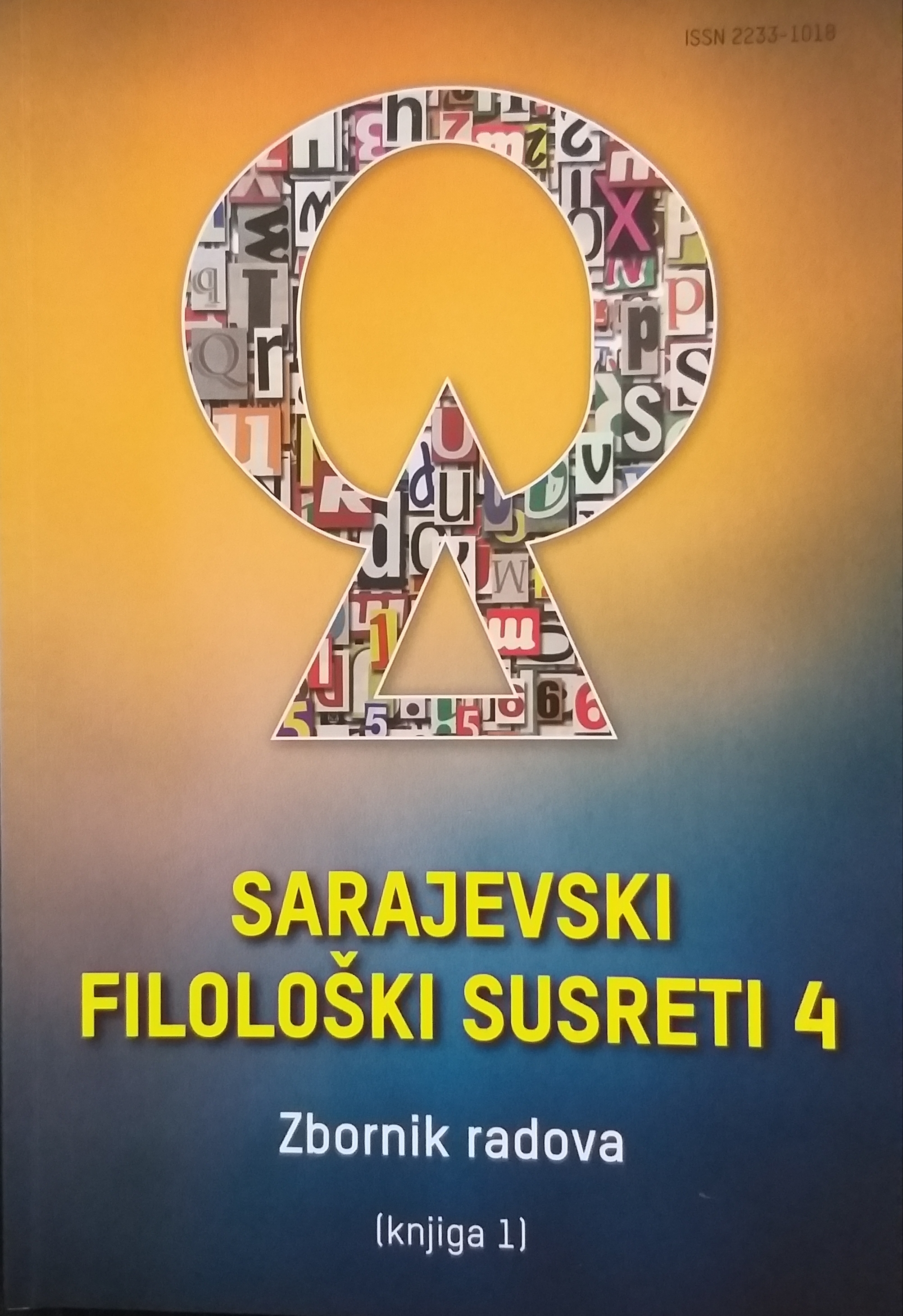Glagolski načini u složenim rečenicama
Mood in complex sentences
Author(s): Ivo PranjkovićSubject(s): Language and Literature Studies, Syntax, South Slavic Languages
Published by: Bosansko filološko društvo
Keywords: mood; complex sentence; imperative; optative; conditional;
Summary/Abstract: In this paper, we analyse the use of verb mood in complex sentences, both coordinated and subordinated. For example, we analyse the use of the imperative in compound sentences of the type Zatim sjednu na konje pa bježi, or in asyndetic sentences of the type Skini s drveta koru, ono će se osušiti. The use of the optative mood is analysed in sentences of the type Radio ne radio, isto ti se piše, in temporal clauses of the type Oj djevojko, ti se ne udala dok na mome krilu ne zaspala, in concession clauses of the type Reći ću ti makar se naljutio and in (co)relative clauses of the type Kud puklo, da puklo or Kud god hodila, sretna bila. With respect to the conditional, we analyse its use in clauses of intent Približio se ne bi li bolje čuo or Kako bi se to razumjelo, treba uzeti u obzir sve argumente. Consequently, we will also analyse the use of the conditional in clauses of condition and in (co)relative clauses of the type Što bi danju zaradili, noću bi potrošili.
Journal: Sarajevski filološki susreti: zbornik radova
- Issue Year: 4/2018
- Issue No: 1
- Page Range: 82-89
- Page Count: 8
- Language: Croatian

